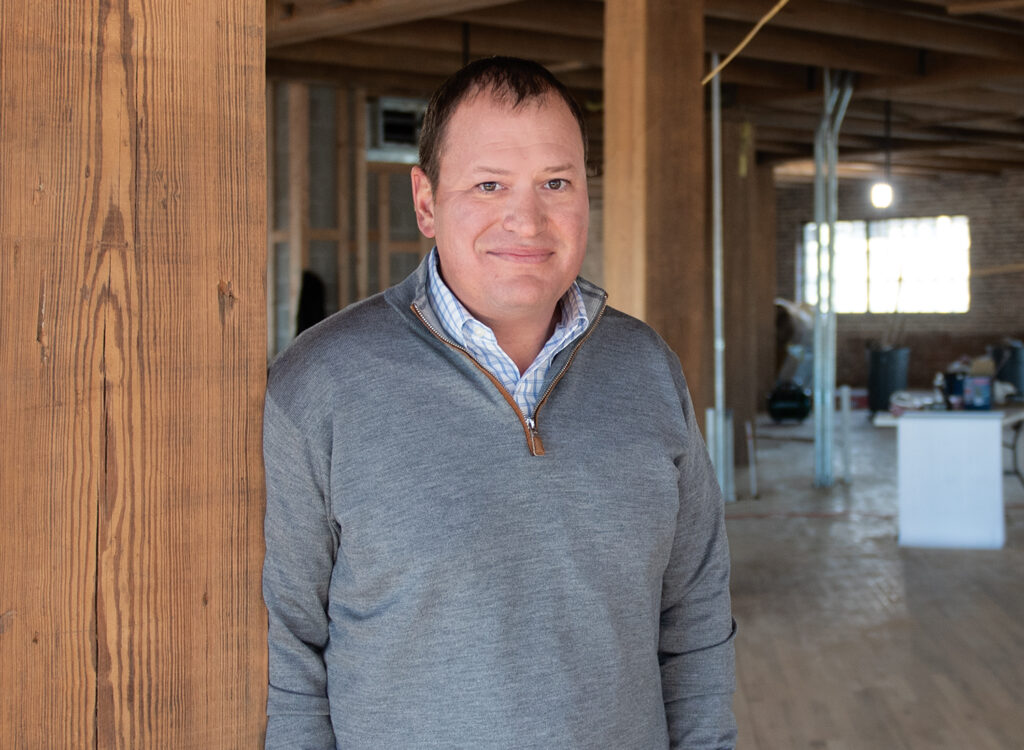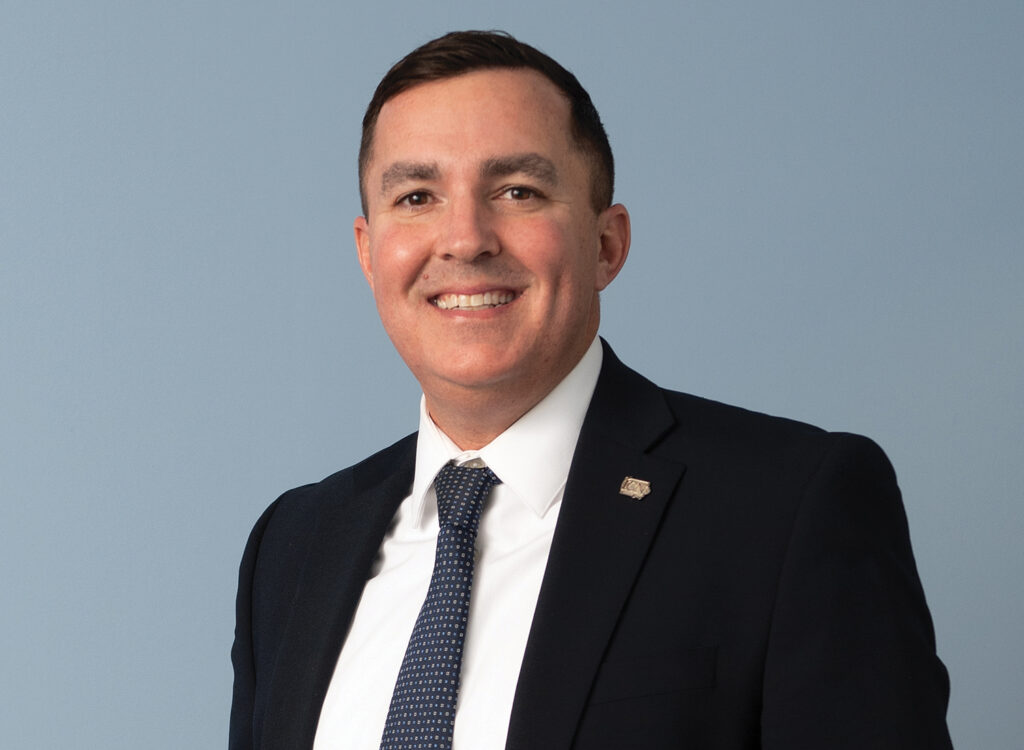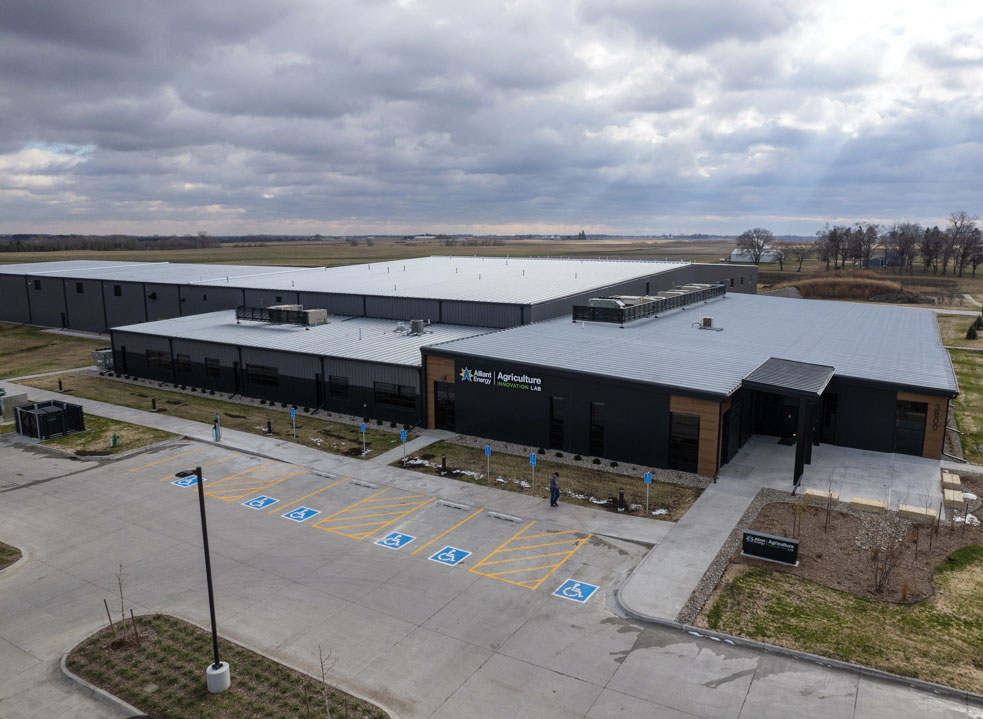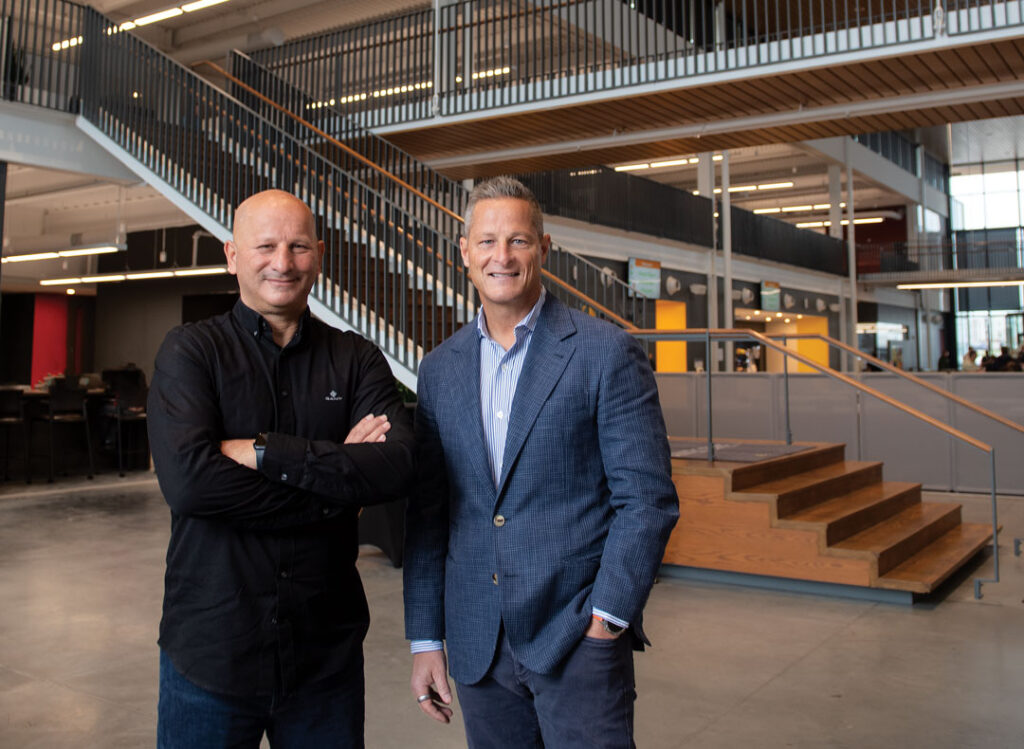Newsmaker Q&A: Kim Foltz
CEO, UnitedHealthcare Community Plan of Iowa

JOE GARDYASZ Nov 28, 2017 | 5:40 pm
4 min read time
947 wordsBusiness Record Insider, Health and WellnessUnitedHealthcare Community Plan of Iowa is hiring between 250 and 300 additional employees in Iowa in preparation for accommodating some 215,,000 added Medicaid members beginning Dec. 1, following the departure of AmeriHealth Caritas as one of the three IA Health Link providers for Medicaid managed care. Beginning in December, UnitedHealthcare will handle approximately 400,000 Medicaid enrollees, about twice the number it had been serving.
I spoke in mid-November with Kim Foltz, head of UnitedHealthcare’s managed care organization in Iowa, to get her perspective on the challenges her company has faced in the past 18 months with the privatization effort and what she expects for the future. Since then, there have been a few developments in Iowa’s health care industry. Most notably, the Iowa Department of Human Services recently announced that Amerigroup Iowa, the other remaining Medicaid managed care organization, will not be able to accept any of Amerihealth’s former members. Subsequently, state officials confirmed that more than 10,000 of the former AmeriHealth members will be covered by the state-run Medicaid system that preceded the privatization initiative.
Foltz was appointed to her present position in September 2015. She has more than 20 years of strategic leadership experience. Before joining UnitedHealthcare, Foltz was employed by Meridian Health Plan.
What’s the biggest challenge for UnitedHealthcare?
First of all, we need to ensure that the program is financially viable and sustainable to serve Iowans. We have expressed concerns, and it’s a matter of public record that we have sustained losses in this (Medicaid privatization) program. Those discussions we’ve had with the state have been around the accuracy of the capitation rates ( a payment arrangement that pays a set amount for each enrolled person per period) to support the needs of the program. Those discussions continue — we continue to have concerns about the long-term sustainability of the program, but we are confident that as we move forward, the utilization and the representation of the services that are rendered to Iowa’s Medicaid recipients will demonstrate that the program’s funding will need to be explored further to ensure it is sustainable.
How difficult will it be to take on a larger Medicaid population?
We agree this is an aggressive timeline, but we’re going to leverage the full resources of UnitedHealthcare in Iowa and nationally to ensure that we deliver as smooth and seamless a transition as possible. We very quickly established some recruitment fairs; we’ve worked with AmeriHealth to look at some of their impacted staff and provide some employment options for them. We’ve already got 100 offers (to fill new positions) out, and we expect many more offers to go out. We’re not hiring inexperienced people; they’re very familiar with the program. We have really led the performance within the program — that is really the reason the state came to us and was confident we would be able to mobilize quickly.
How will this add to your existing staffing, and how will they be deployed?
We have roughly a little over 600 employees that are serving the Medicaid population in Iowa today. We’ll likely add 250 to 300; the vast majority of those are going to be clinical staff that are out across all 99 counties serving members in the communities. The most critical ones we’re adding right now are what we call community-based case managers — nurses and social workers that meet with high-risk members — to ensure we’re managing the care properly for those members.
Will more members mean more economies of scale?
I would say by and large, yes, we should get some economies of scale. To date, we’ve had well over $100 million in losses and we’re closing in on $200 million in losses. We have operated at a loss every quarter that financials have been submitted. When we look at medical expense, it’s far outreaching what’s established for the per-member, per-month capitation rates for the managed care organizations. We are a business, and whether you’re for-profit or nonprofit, you can’t operate in perpetuity at a loss. We do have to see that pathway to breaking even and to a reasonable amount of profitability. We hear lots of talk about “the profits of the managed care organizations.” There have been no profits.
We hear from hospitals and other providers that payments from the Medicaid MCOs are significantly delayed and creating financial strain on them. What is UnitedHealthcare doing to address that?
When we look at our block of business and payments that we provide for services rendered to our members, 99.8 percent of those claims are administered within 14 days. When we look at those areas where there’s a denied payment, the top reasons are a duplicate claim, or a claim that has not been billed correctly. By and large, when we look at the complaints of providers regarding payments, they’re not directed at UnitedHealthcare. There are isolated situations where providers are dissatisfied over certain processes, but by and large when we look at accusations and allegations of providers that are payment-related, they’re not attributed to UnitedHealthcare. By and large, we’re paying providers promptly, accurately and appropriately.
Do you expect to reach profitability with this program?
When the initial assumptions were established by the state actuary, they were based on historical data. When we look at the next cycle of rating for the program, it has to be based on the experience of the (MCOs). So the next rating cycle will have to use the experience in the IA Health Link program to date. … So we do have confidence we’ll get to a place where the program is appropriately funded, or decisions will be made (by the Legislature) to determine that appropriate funding.








